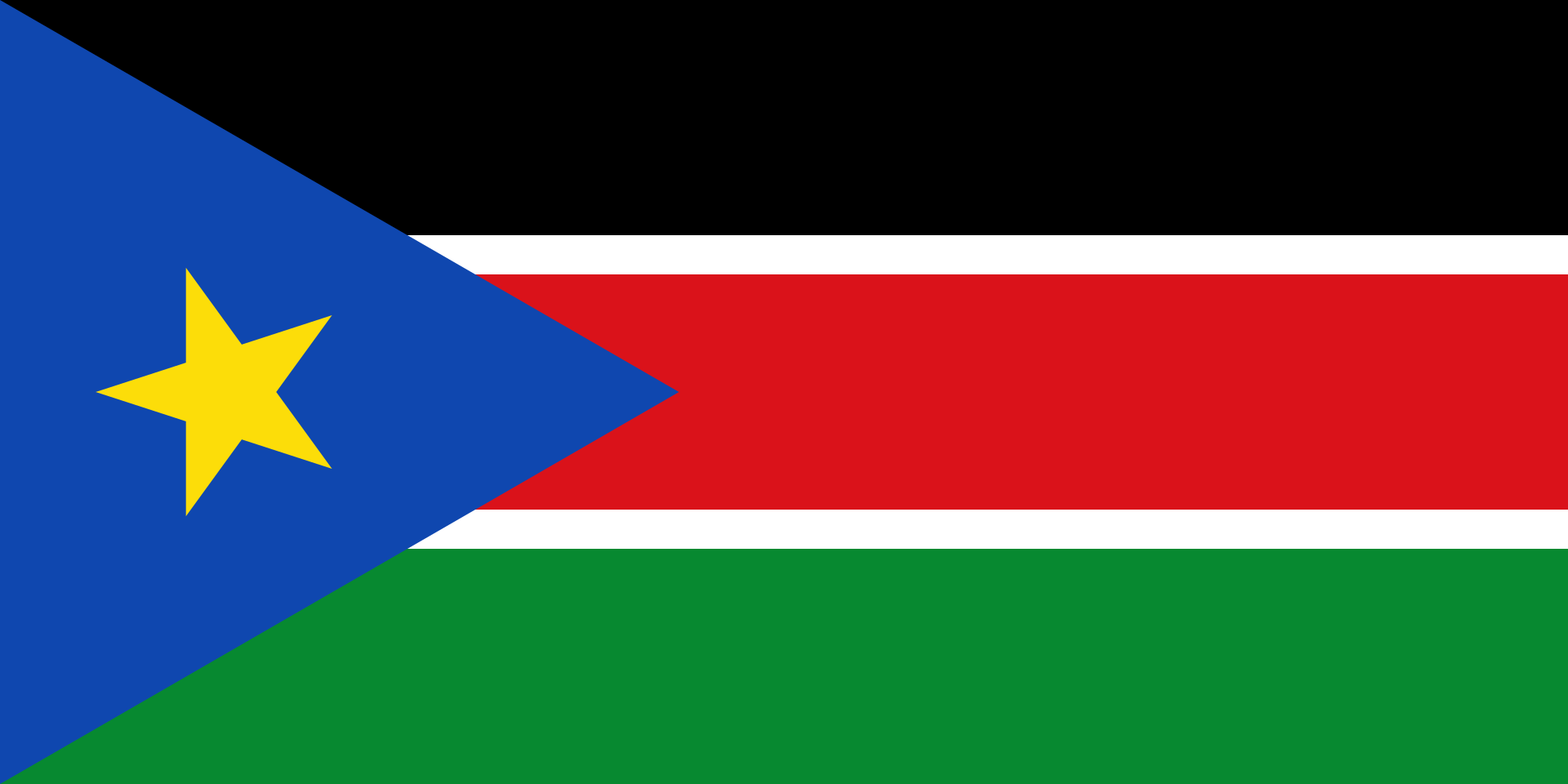JUBA, SEPTEMBER 8, 2023 (SUDANS POST) – President Salva Kiir has appointed Ramadan Mohamed Abdallah Goc as the new deputy foreign minister.
The announcement was made in a presidential decree read out on the state-owned South Sudan Broadcasting Corporation (SSBC) on Thursday.
Goc is a young SPLM cadre who has served in a number of positions in the ruling party.
He was the secretary of information of the SPLM party after South Sudan’s independence in 2011.
He also served as the secretary for training, research and planning at the SPLM northern sector secretariat before South Sudan’s independence from Sudan.
Goc is currently a lecturer at Bahr el Ghazal University. He is a graduate of the University of Khartoum and the University of Juba.
Goc’s appointment is seen as a move by President Kiir to reward a loyal SPLM cadre. It is also seen as a way to bring in new blood to the Ministry of Foreign Affairs.
Goc’s predecessor, Deng Dau Deng, was removed from his position as deputy foreign minister last week by President Kiir. The reasons for Deng’s removal are not clear.
The appointment of Goc is the latest in a series of changes that President Kiir has made to his government in recent months. The changes are seen as an attempt by Kiir to consolidate his power and to appease his allies in the SPLM party.
The revitalized peace agreement, which was signed in 2018, stipulates that the SPLM party is to select the deputy foreign minister.
Goc’s appointment is likely to be welcomed by the SPLM party.
He is a young and relatively unknown figure, which could make him more acceptable to the party’s base.
He is also a graduate of two prestigious universities, which could give him the credibility to be an effective diplomat.
However, Goc’s lack of experience in foreign affairs could be a liability. The Ministry of Foreign Affairs is a complex and demanding institution, and Goc will need to quickly learn the ropes if he is to be successful in his new role. - Sudans Post






